General

This General References section contains lists and summaries compiled from Scripture and comparisons of various kinds of things. No extended commentary or analysis here. Just the facts.
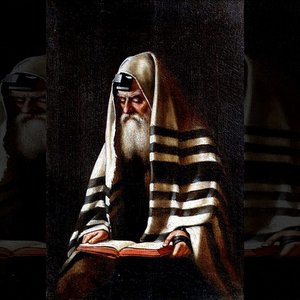
While the commandments found in the Torah have traditionally been enumerated at 613, I was curious to determine how many commandments were given in the Apostolic Writings. I started out with the goal of identifying the Ten Commandments but expanded my scope to include any commandments given in the writings of the Apostles.
- Details
- One Messianic Gentile

As I've read through Scripture, I have encountered certain things enumerated in a list or items repeated multiple times throughout Scripture. I thought it might be helpful for others to record these lists and repetitions as a reference.
Bolded text or other emphases in the Scriptural references are mine.
The first list I found was G-d's four "I Will" statements from the book of Exodus.
- Details
- One Messianic Gentile

The following table is a compilation of observations regarding the parallels between Joseph and Yeshua that I have noticed (or have been pointed out to me) in Scripture. This is not an exhaustive list, and any additional observations are welcome.
- Details
- One Messianic Gentile
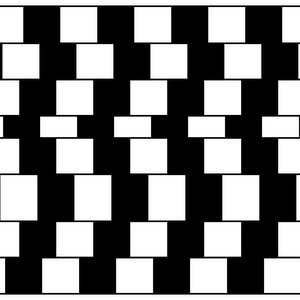
Although it might not be apparent when you first look at them, the horizontal lines in this article's image are parallel. They just don't appear to be parallel because of the way the boxes are organized.
In a similar fashion, there are a number of remarkable parallels between Moses and Yeshua found in the pages of the Bible that might not be apparent until you look more closely.
I've compiled these parallels in the list below and added a few additional notes for good measure.
Have I missed one? Contact me and let me know.
- Details
- One Messianic Gentile

The Tanakh is replete with prophecies of Messiah. None of these prophecies is more explicit than the one in Genesis 3:15, when G-d speaks of the seed of the woman that shall bruise the serpent's head. Most other prophecies are given as pictures, examples, or "types" of Messiah. There are no explicit passages in the Tanakh where G-d says, "Messiah will be such and such" or "Messiah will do such and such." As Paul put it in his first letter to the Corinthian believers, "For now, we see through a glass, darkly...". Prophecy is not always clear, and it is often only when specific prophetic passages are fulfilled that we can see with clarity those things which G-d spoke.
- Details
- One Messianic Gentile
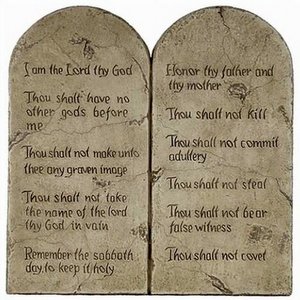
Out of curiosity, I created a list of the commandments in the "New Testament" (or, as many refer to it, the Apostolic Writings). I started with the specific goal of only identifying the Ten Commandments but expanded the scope to include any commandments. This article focuses on identifying the 10 Commandments reiterated and affirmed in the Apostolic Writings.
Although I normally use the NASB for our articles, I've used a revised KJV (e.g. replacing "thee" with "you" and "thine" with "yours") to comply with the publisher's copyright requirements.
- Details
- One Messianic Gentile

Moshe ben Maimon was a scholar of Scripture in the 12th century.{footnote}Jewish Encyclopedia on Maimonides at https://www.jewishencyclopedia.com/articles/11124-moses-ben-maimon {/footnote} Commonly known as Maimonides or "the Rambam" (pronounced RAHM bahm), he was the first to document the commandments given in the Bible.
Additional details are available for the commandments that are linked in the list below.
- Details
- One Messianic Gentile
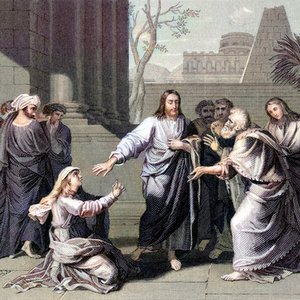
Yeshua performed many miracles, as attested to in the Apostolic Writings. Several are recorded in parallel Gospel accounts, while others are uniquely recorded in one book or another. This is a list of the miracles and where they are recorded in Scripture. The numbering is my arbitrary count.
- Details
- One Messianic Gentile
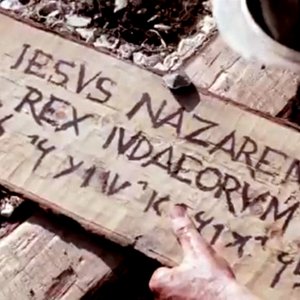
Names are not only labels for people and things; they often provide insight into the character and nature of those to which they are applied. It is in such a way that G-d has revealed Himself through the words of Scripture. Not only do we have labels (in both names and titles) that apply to Him and Him alone, but through them, G-d communicates who He is by condensing His infinite nature ("humbling Himself") into terms that we finite beings can catch a glimpse of His glory.
The numbers are an arbitrary system that notes the order in which the name or title was added.
- Details
- One Messianic Gentile
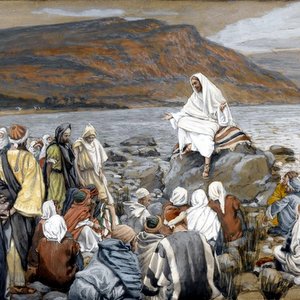
The Apostolic Writings record the many parables Yeshua taught. Some are recorded in parallel Gospel accounts, while others are uniquely recorded in one book or another. I have listed each parable and where they are recorded in Scripture. The numbering is my arbitrary sequence for these.
- Details
- One Messianic Gentile
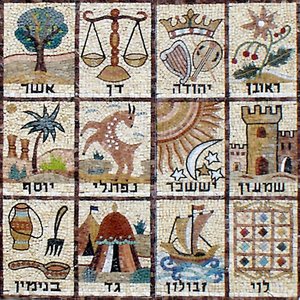
I'm sometimes asked the question, "who is Israel?" It is a broad topic fraught with controversy and (Lord willing) will be the subject of a future article. In the meantime, a less controversial question that is smaller in scope is "who are the twelve tribes of Israel?". Let's examine both Scripture and history to learn the answer.
The Tribes of Israel are the groups born of the sons of the man once named "Jacob", who the Most High renamed "Israel" (Genesis 35:10). Who are they? In the order of their birth, they are Reuben, Simeon, Levi, Judah, Dan, Naphtali, Gad, Asher, Issachar, Zebulun, Joseph, and Benjamin.
Since Jacob/Israel adopted Joseph's two sons, Ephraim and Manasseh, as his own (Genesis 48:5), technically, there are thirteen tribes. However, in the accounting of the Land of Israel, Levi is not mentioned since they have no inheritance in the Land (Numbers 18:20). The Lord apportions the Land to the remaining twelve.
- Details
- One Messianic Gentile

Cycles. Repetitions. Birth. Death. Rebirth.
Scripture gives us many examples of cyclical patterns: the moedim, the daily prayers, and even life itself.
In that spirit, Ezra and the men of the Great Assembly established a periodic schedule of readings of the Torah and corresponding readings from the Neviim and Ketuvim. This cycle sections the Torah into weekly assignments called a parashah (plural parashyot). This provides a yearly cycle through which we can read, study, and learn about the Torah. In addition, some take this cycle and apply it to a three-year period, allowing for a more in-depth analysis of each portion. John Parsons of Hebrew4Christians.com has more information about the history of the parshah.
- Details
- One Messianic Gentile
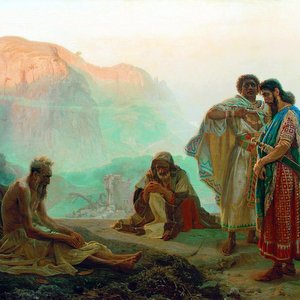
The book of Job provides an account of the unimaginable suffering that G-d allows to befall a man named Job. During his trials, Job is visited by his three friends, and they discuss Job's circumstances. In their conversations, they reveal their thoughts about the source of wisdom.
One thinks wisdom is learned. Another thinks wisdom is inherited from the past.
What does Job think? The chart below summarizes their positions.
- Details
- One Messianic Gentile